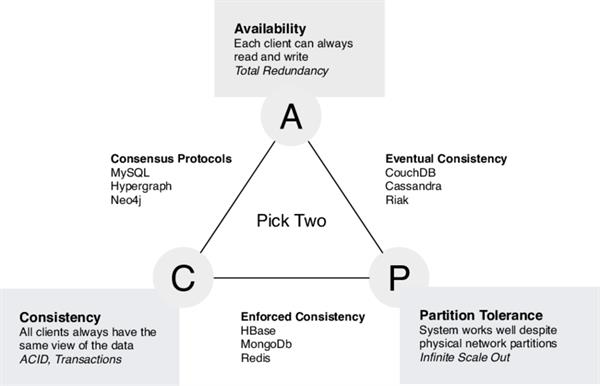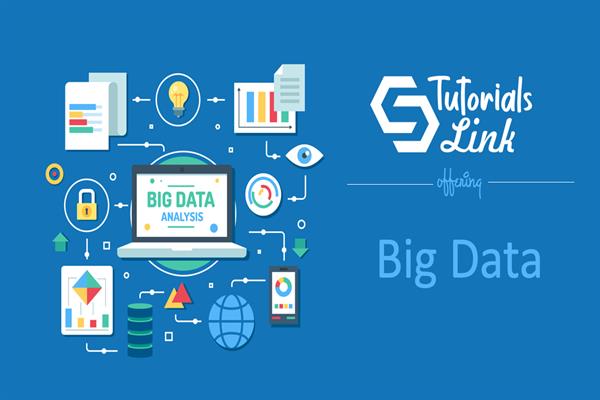Introduction to NoSQL Database
Introduction to NoSQL Database
NoSQL (Not Only SQL) is a new set of databases that do not require a fixed schema, is easy to scale, and avoid joins. NoSQL is used for real-time web applications and big data. Companies like Twitter, Facebook uses NoSQL databases to collect terabytes of user data in a single day.
To name his file-based database Carl Strozzi introduced NoSQL database in 1998.
NoSQL databases are non-relational data model, mostly open source, schema-less.
With the explosion of social media sites, such as Twitter and Facebook, the demand to manage enormous data has grown tremendously. NoSQL resolved the challenge that was faced in storing, managing, and analyzing data. NoSQL database consists of column-based data stores, key-value pair databases, and document databases.
NoSQL vs RDBMS
| NoSQL | RDBMS |
|
|
|
|
|
|
Benefits of NoSQL
- Handles “big data” use cases that involve data velocity, variety, complexity, and volume.
- It can operate in cloud settings and exploit the benefits of cloud computing.
- It supports all major operating systems and all common developer languages.
- It offers a flexible schema design that can be altered without service disruption or downtime.
- It excels at distributed database and multi-data center operations.
- Are easy to implement and use.
Types of NoSQL Databases
- Key-Value – Riak, Redis Server, Scalaris.
- Column-Based – Cassandra, Hbase, Hypertable.
- Document-Based – MongoDB, CouchDB, RavenDB.
- Graph-Based – Neo4J, InfoGrid, FlockDB.
Key-Value Database:
- It stores every single item in a database as a key-value pair.
- It is ideal for handling Web-Scale operations with extremely quick and optimized retrieval.
Document-Based Database:
- It stores and retrieves various documents in JSON, XML, BSON.
- It consists of maps, structures, and scalar values.
Column-Based Database:
- It stores data in column families as rows.
- In the column-based database, the key identifies the rows and various rows need not have the same columns.
Graph-Based Database:
A Graph database makes relationships readily available for any join-like execution allowing quick access to millions of connections. It lets you store data and its relationships with other data in the form of nodes and edges.
CAP Theorem
NoSQL databases do not follow ACID properties instead it follows CAP theorem.
CAP- Consistency, Availability, Partition Tolerance.

Consistency
- It means that read and write for some sets of data so that concurrent operations see the same valid and consistent data state.
Availability
- The database should be available to serve a request when needed.
Partition Tolerance
- It is the third element of the CAP theorem. It measures the ability of a system to continue its service when some of its clusters are not available.





